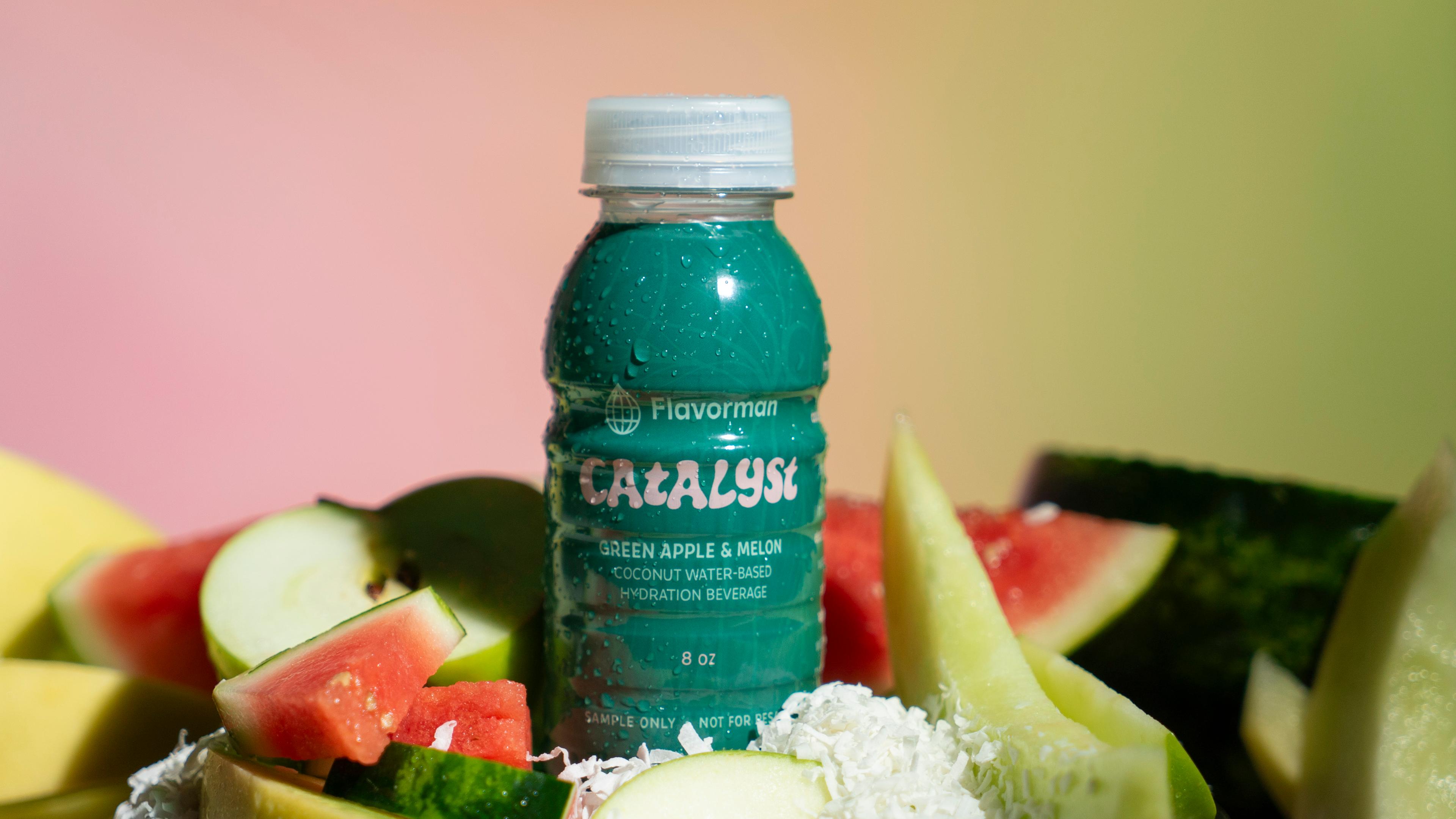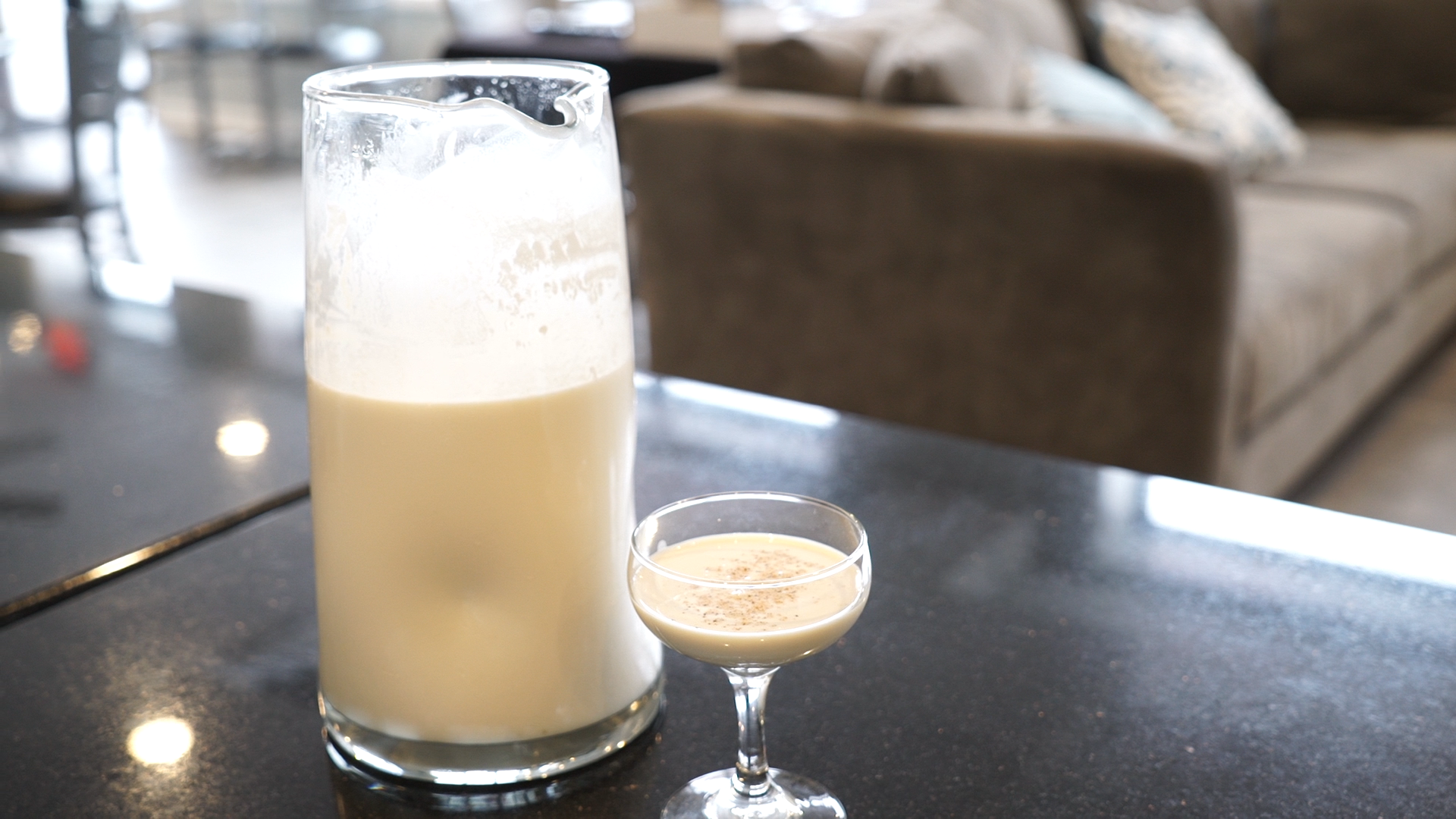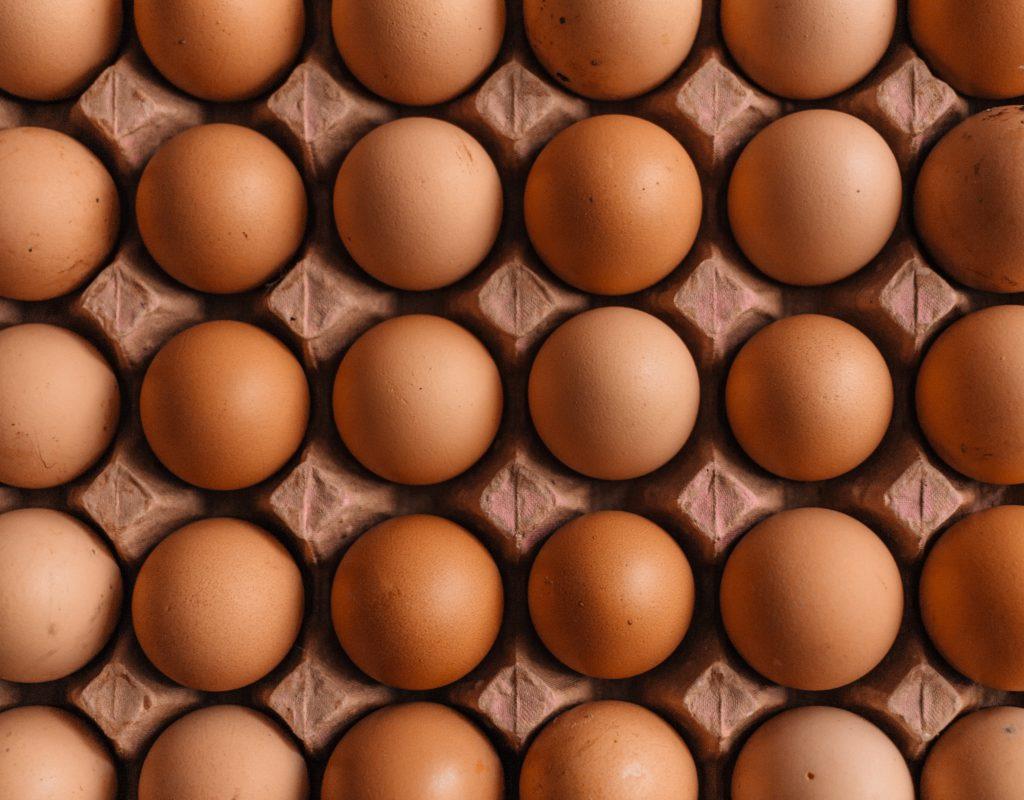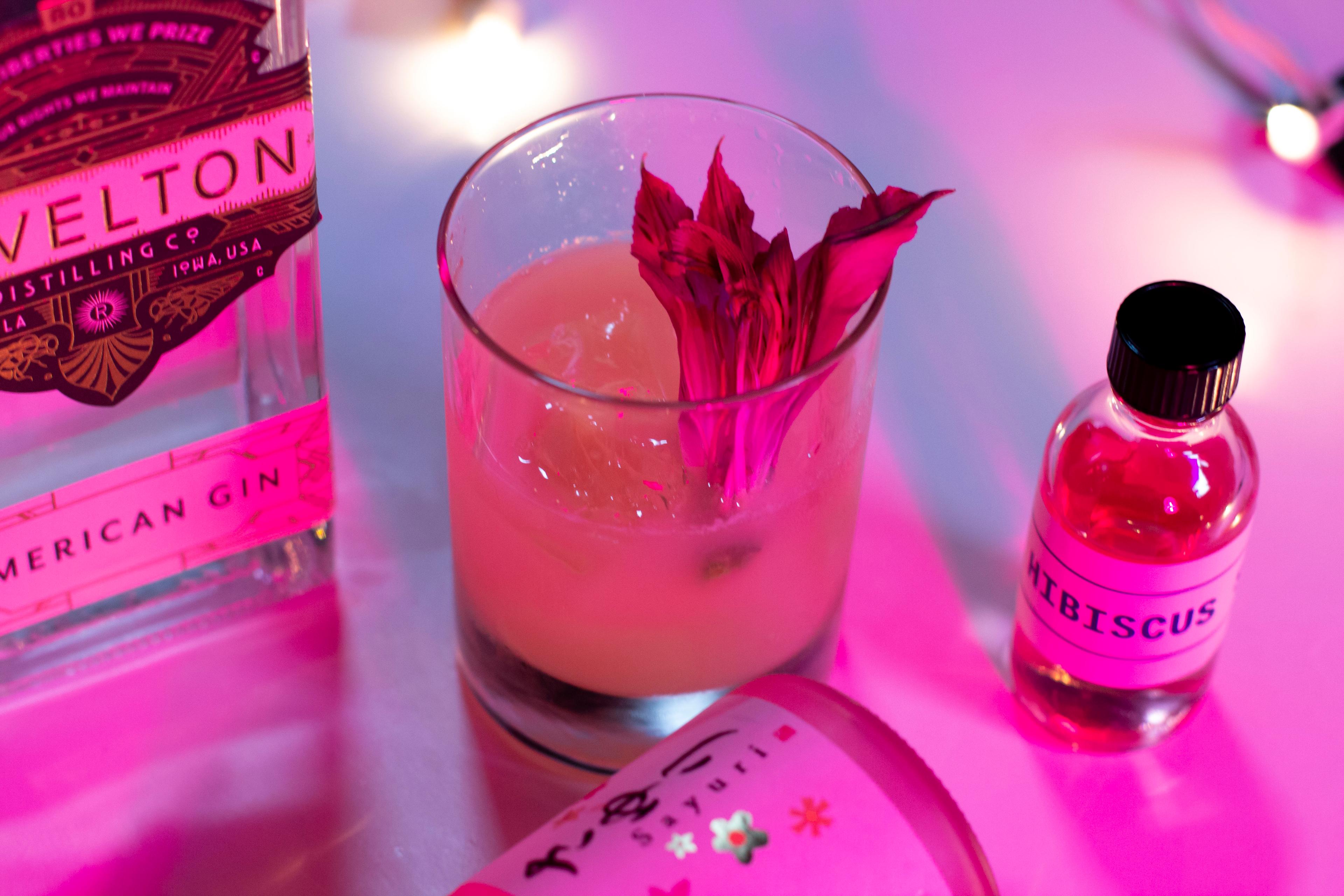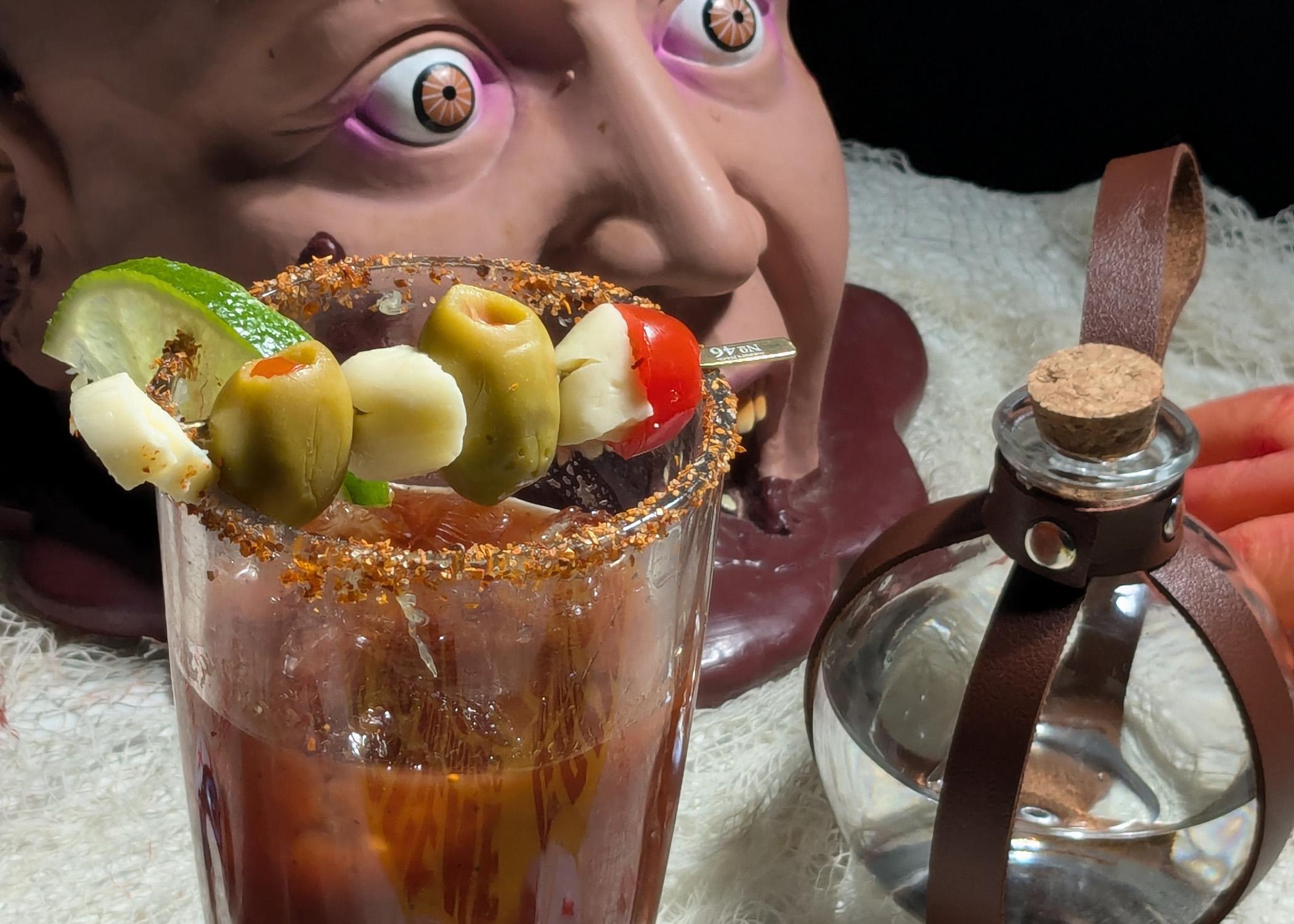With the holidays upon us, beverage manufacturers have already stocked store shelves with our seasonal favorites. If you venture into the dairy section this time of year, then it's likely that you'll find a wall full of variations on the season's most iconic drink — eggnog. But what exactly is this beverage and how did it become one of the most famous holiday treats? Ahead of National Eggnog Day this December 24th, we're answering all your burning questions about ‘nog.
What is ‘Nog made of, exactly?
Consumers of eggnog describe it as rich and creamy. This makes sense, since it's essentially made up of the same ingredients as ice cream. Yum!
A traditional homemade eggnog is made of milk or cream, sugar, and raw eggs. There are a lot of recipes that also add spices like vanilla, cinnamon, nutmeg, and cloves, and adult consumers can add their favorite alcoholic spirits. But if you don't want to risk giving yourself Salmonella poisoning with a homemade recipe, you can also find a range of commercialized (and safe to consume!) eggnog options at your local grocery chain.
This delightful holiday drink can be served hot or cold in glasses, mugs, brandy snifters, or punch bowls. Of course, it also doesn't hurt to add a little whipped cream, a cinnamon stick, or chocolate shavings to top off this delightful drink.
Where did Eggnog originate?
While culinary historians debate its exact lineage, most agree that eggnog originated from the early medieval British drink "posset," which was made with hot milk. This beverage was then curdled with wine or ale and flavored with spices. In the Middle Ages, posset was used as a cold and flu remedy (think hot toddy, but much creamier).
Later during this period, eggs were added to some recipes causing the drink to eventually evolve into what we'd recognize as "eggnog." The first known use of the word "nog" was recorded in 1693; however, the drink was also referred to as an "Egg Flip," describing the practice of "flipping" the mixture between two pitchers to combine.
At one point in history, the drink became exclusive among British aristocracy, who could afford the milk, eggs and expensive spirits — usually brandy, wine, or sherry — required to make it. By the time the recipe finally made its way across the Atlantic to colonial America, it became very popular thanks to the widespread availability of eggs, milk, and cheap spirits. Caribbean rum and homemade moonshine were often used as substitutes for brandy and wine, which were heavily taxed.
Eggnog became especially popular around Christmastime due to its warm temperature and the addition of winter flavors. Eggnog was eventually tied to the holidays when it was adopted as a recipe for special occasions in the United States during the 1700s — even our first President, General George Washington, had his own eggnog recipe! Served warm, the addition of winter flavors and spirits made this beverage the perfect winter treat. Today, eggnog remains a traditional, festive drink enjoyed by consumers all over the world.
How has Eggnog changed what the world is drinking?
In addition to being a delicious seasonal treat, eggnog has continued to be innovated by beverage developers and drink brands around the globe. Today, there are plenty of dairy-free eggnogs on the market, made using flavor substitutes and other ingredients like coconut, soy, or almond milks. Eggnog-flavored creamers powders, and syrups also make a great addition to everything from coffee to milkshakes. Thanks to all of this innovation, eggnog has grown into a category all its own — with options to suit a variety of tastes! However you choose to enjoy your eggnog, this delicious beverage makes a wonderful treat for any holiday celebration. Cheers!
If you've got an innovative idea for the next take on eggnog, Flavorman can help you bring it to life! Get started by filling out this webform or by giving us a call at (502) 273-5214.
